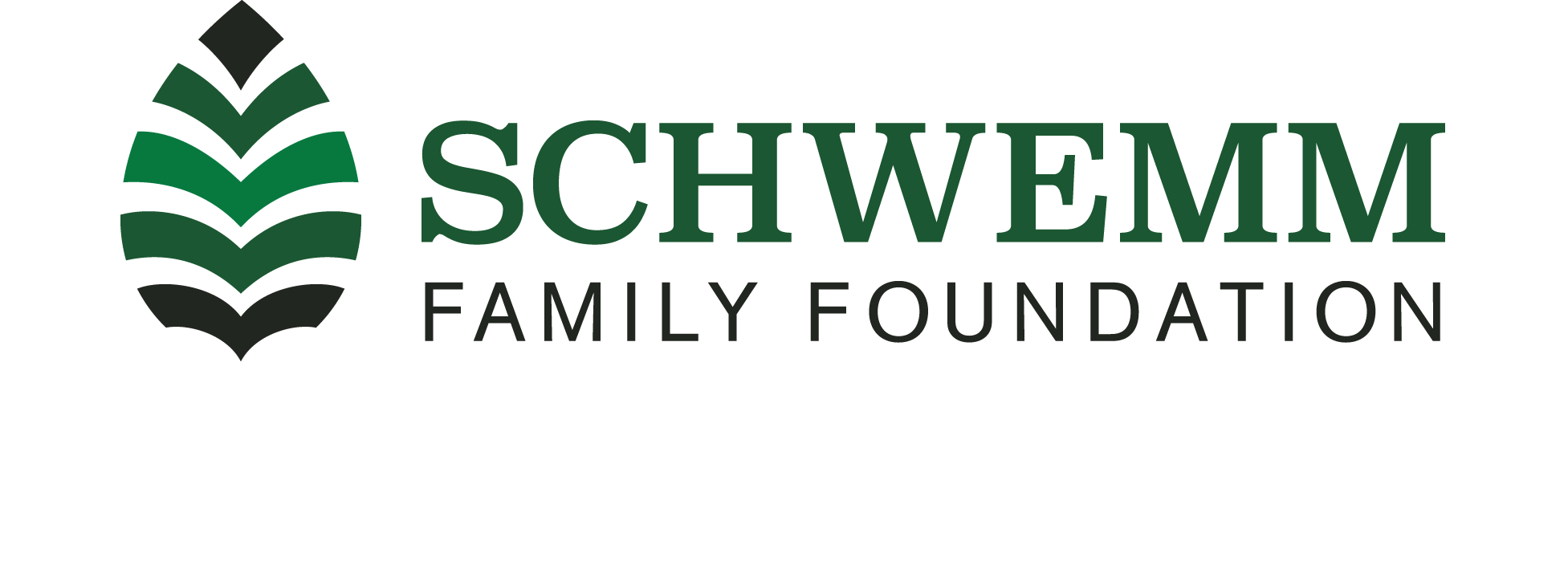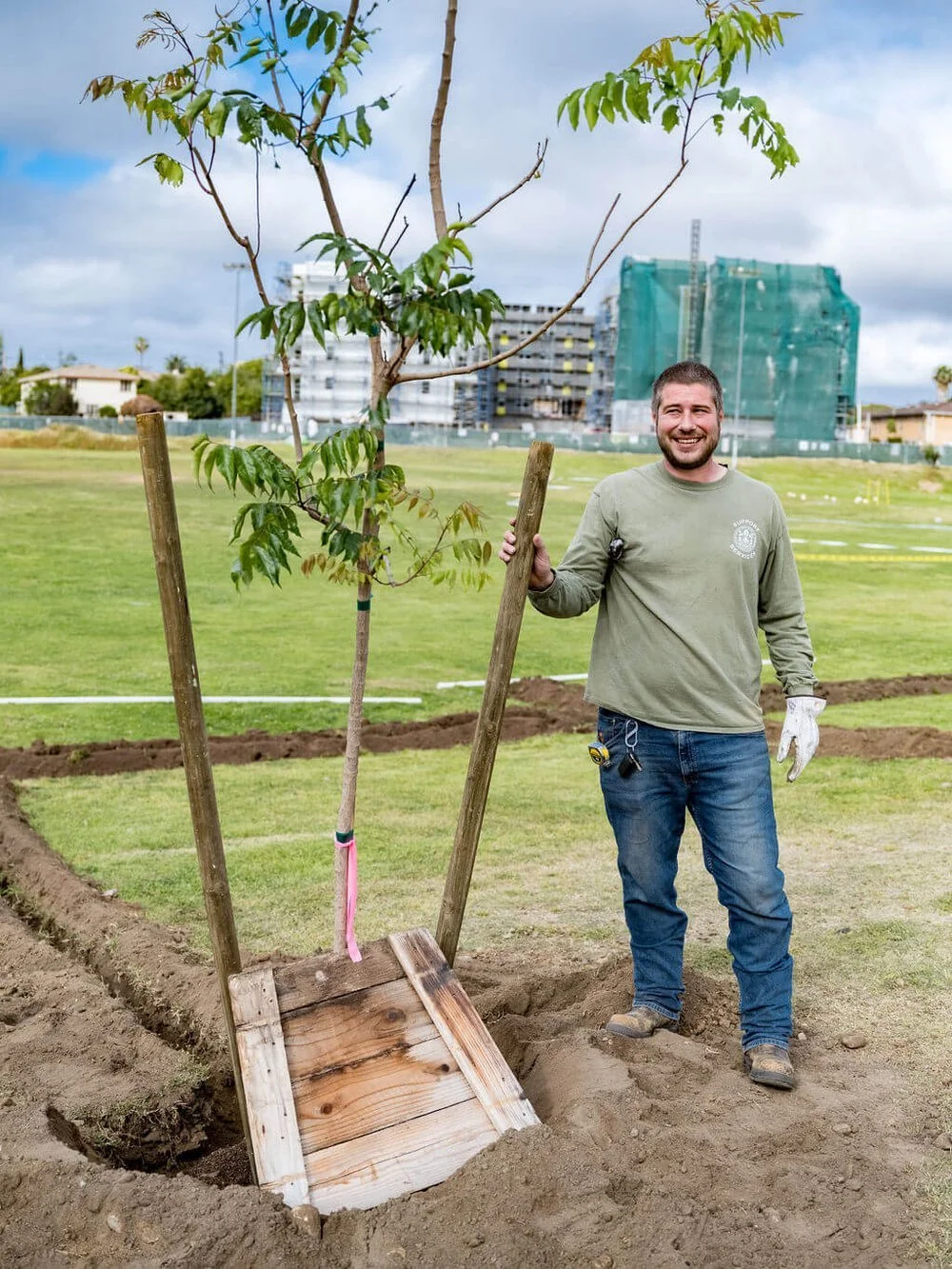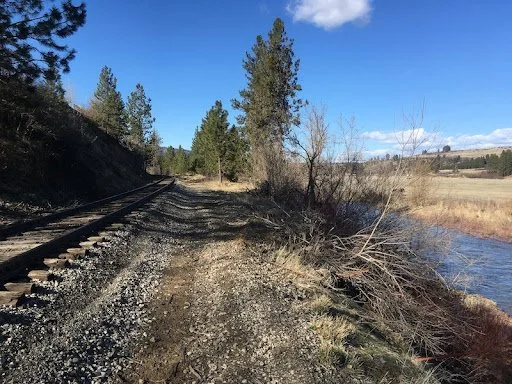Formed in rural Southern Oregon in 1992, the APWC has evolved to become a national model for agency-community collaboration and innovation. One of their newest collaborative projects, Grow Youth, combines riparian restoration with monitoring education at a popular county park. In 2021, funds from the SFF were used to support this program in their efforts to enhance a section of the Applegate River for fish, beaver, and other wildlife while involving students in monitoring the removal of a variety of invasive species and the growth and survival of numerous native plants.
Read MoreThis organization makes a unique urban environment - the Chicago river - more accessible and scenic for the benefit of those living or visiting downtown Chicago. Through a sustained, multi-year series of partnerships with private and public entities, Urban Rivers creates programming and experiences to help people of all ages experience something familiar in a new way. The Schwemm Family Foundation was proud to work with Urban Rivers to support their mission through funding field trips and other visits near and on the river.
Read MoreThe Minthorn Springs Preserve is a wetland in urban Milwaukie, Oregon home to birds, mammals, snakes, salamanders, butterflies and dragonflies. The Schwemm Family Foundation partnered with the Wetlands Conservancy to help fund the Conservancy’s work to reduce non-native species and improve the natural spaces in the 6.52 acre wetlands for use by the public as well as a habitat for the native flora and fauna thriving there.
Read MoreEndangered California condors continue to face threats in the wild. A factor identified as especially harmful is the amount of trash and plastic that adults may bring to the nest. As curious, scavenging birds, condors are attracted to microtrash such as broken glass, bottle caps, and can tabs, which may be mistaken for nutrient-rich bone fragments and can be deadly if ingested. In association with the Santa Barbara Zoo and other condor recovery program participants, SFF provided funds to purchase nest monitoring supplies such as cameras and binoculars to support the Nest Guarding Program. This program seeks to identify and mitigate nesting behaviors and threats that limit successful condor breeding.
Read MoreOutdoor spaces in urban settings are often highly developed and trees are often absent. The presence of vegetation – ‘Urban Greening’ – has been shown to increase a sense of community, decrease summer temperatures, improve air quality, increase bird and insect diversity and reduce crime. With support from SFF, the San Diego Parks Foundation initiated a planting effort that in 2020 and 2021 planted over 200 trees in selected urban neighborhoods. GPS data were collected on all the trees and tree survival rate was nearly 95%.
Read MoreThe Foundation contributed towards the efforts of the Joseph Branch Trail Consortium. They are in the initial stages of developing and building a non-motorized, multi-use, publicly accessible trail in the scenic Wallowa-Union Railroad Corridor. The complete trail will begin at the train depot in Elgin, Oregon, and wind its way through river canyons, prairies, and picturesque farmland in the Wallowa Valley, terminating 63 miles later in the mountain town of Joseph, Oregon. The trail will provide a critical link for walkers and bicyclists, allowing residents to recreate, commute, and connect.
Read MoreEugene Debbs Potts Foundation: Pottsville is home to thousands of items commemorating Oregon's history, and the Eugene Debbs Potts Foundation is dedicated to preserving and making improvements to the historical Pottsville pioneer town and museum. The Schwemm Family Foundation supported the purchase and installation of 43 all-weather historical signs for the EDPF’s outdoor and indoor displays. These historical informational signs provide visitors with the opportunity to "take a walk through history" and learn about the fascinating history of Pottsville.
Read MoreThe Schwemm Family Foundation helped the Oakland-based organization, Cycles of Change, host a bike class (bike included) in order to help community members have more accessible and environmentally friendly modes of transportation.
Read MoreThe Schwemm Family Foundation supported Coastal Roots Farm in its missions of growing and distributing fresh, organic food to low-income, elderly, and food insecure Indigenous/Native families living throughout San Diego County. Each year, the Farm grows more than 50,000 pounds of food for over 30,000 community members.
Read MoreThe SFF helped fund interpretive signage as part of a permanent exhibition of Nordic heritage and culture along Astoria, Oregon’s waterfront. The beautiful heritage park was completed in the summer of 2022 and features ten educational panels.
Read More










